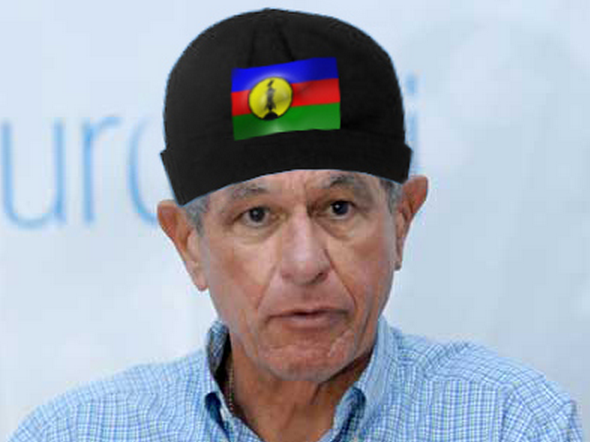
2014 critical for the Kanaky struggle
Since the independence movements of the 70s, very few colonial territories are left in the Pacific. France are probably the only remaining colonial powers— with French Polynesia and New Caledonia their two last Pacific frontiers. But both territories are upping the tempo of their call for independence, with the French Polynesia making a call at the UN recently. The Front de Libération Nationale Kanak et Socialiste, or FLNKS, who represent the Kanaks —the indigenous peoples of New Caledonia— seek to enlist UN support for their inclusion on the decolonisation list. A win in the Congressional vote could determine their political future, and having gained recognition from the Melanesian Spearhead Group (MSG) recently, the Kanaks are making steady progress. Or are they?
Under the 1998 Noumea Accord, 2014 will be critical as most look forward to real change in their political status, as they have given France a good break since the bloody conflicts of the early 80s. Will 2014 finally be their year? Will there be enough Kanaks to vote in independence and forgo the goodies France showers them in terms of financial support? Will France finally yield? Will they be prepared to abandon what is arguably Melanesia’s richest country? These are questions whose answers may still be in the future. A positive outcome could mean freedom at last, according to Freelance journalist Nic Maclellan who provided an excellent stock-take piece of what New Caledonia has been up to of late.
Since the 1998 Noumea Accord, a document the Kanaks see as their roadmap to self-determination, Paris has gradually transferred authority to Noumea.
What the Kanaks need is 3/5 majority of the 54-member congress. Only by amassing this many votes in the Congress can their wish for independence be granted. But as Maclellan rightly points out, the challenges are immense. Only the older generations witnessed the trauma in the 80s, which included assassinations, bloodshed and mayhem. The younger generations, many of whom will exercise their rights this time round only heard.
They must then sort out the anomalies of the electoral rolls, which grossly disadvantages the Kanaks, given France’s immigration policies. Time is not on their side. To top it off, the divisions within the ranks of pro-independence parties are not something they want now and much also depends on the politics of Metropolitan France where different leaders have different views and policies towards their overseas territories.
